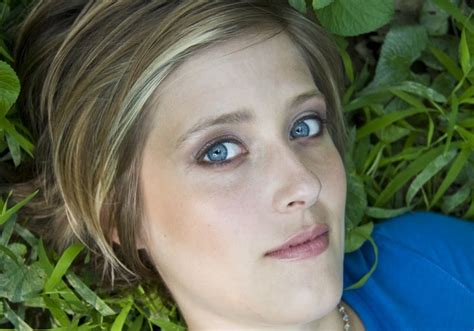A Quote by Richard Dawkins
I did not end up as broadly educated as my Cambridge colleagues, but I graduated probably better equipped to write a book on my chosen subject.
Related Quotes
You know we receive an education in the schools from books. All those books that people became educated from twenty-five years ago, are wrong now, and those that are good now, will be wrong again twenty-five years from now. So if they are wrong then, they are also wrong now, and the one who is educated from the wrong books is not educated, he is misled. All books that are written are wrong, the one who is not educated cannot write a book and the one who is educated, is really not educated but he is misled and the one who is misled cannot write a book which is correct.
You have to surrender to your mediocrity, and just write. Because it's hard, really hard, to write even a crappy book. But it's better to write a book that kind of sucks rather than no book at all, as you wait around to magically become Faulkner. No one is going to write your book for you and you can't write anybody's book but your own.
Keep a diary, but don't just list all the things you did during the day. Pick one incident and write it up as a brief vignette. Give it color, include quotes and dialogue, shape it like a story with a beginning, middle and end—as if it were a short story or an episode in a novel. It's great practice. Do this while figuring out what you want to write a book about. The book may even emerge from within this running diary.
I was not proficient in Latin and so was not able to go to Oxford or Cambridge. However, I did enter the first-rate chemistry honours program at the University of Manchester in 1950, where the professors were E.R.H. Jones and M.G. Evans, and graduated in 1953, with the financial support of a Blackpool Education Committee Scholarship.





































